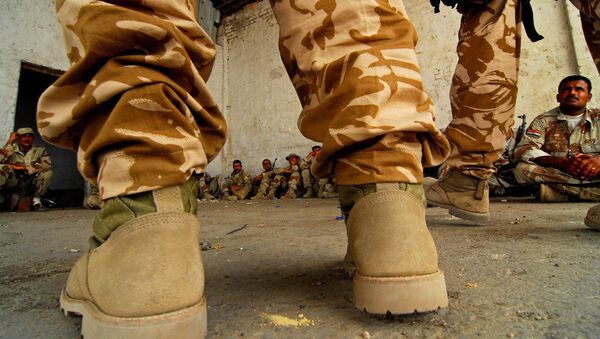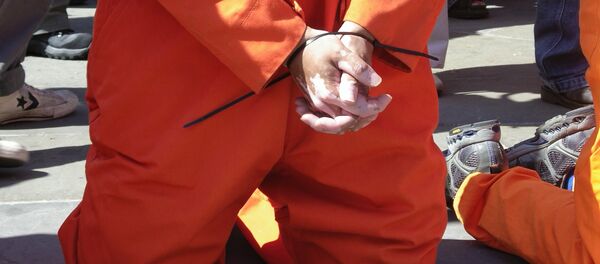"Things aren't simple and the sinister forces suppressing the truth about this illegal war are still very active and planning another British establishment "white wash," Finnie said.
His comments came after a number of Peers in the House of Lords, the upper chamber of the British Parliament, warned any further delay in the publication of the Chilcot report – set up to examine the circumstances surrounding Britain's decision to go to war in Iraq in 2003 – risked becoming a public scandal.
"This has dragged on beyond the questions of mere negligence and forgivable delay – it is becoming a scandal," Lord Hurd, a former British Foreign Secretary, told the House of Lords on Tuesday. "This is not something which is of trivial importance, it is something which a large number of people in this country look anxiously for truth."
"Given the time that has elapsed since it was set up, there's a reducing likelihood of the Chilcot inquiry producing any meaningful outcome," Finnie said.
"The UK's elites look after each other and, notwithstanding what many, myself included, believe is prima face evidence of war crimes, I don't see this endless inquiry the vehicle to get Tony Blair in the dock at the international Criminal Court in the Hague for war crimes," Finnie added.
In December 2014, UK Prime Minister David Cameron said the release of the Chilcot report was entirely up to the investigators, who conducted their study between 2009 and 2011. The million-word report was expected to be made public in 2014, but Cameron said later he did not know when the report would be published.
According to British media, the report includes minutes of UK government meetings and details a phone conversation between then-US President George W. Bush and former UK Prime Minister Tony Blair that took place shortly before the operation in Iraq began.





